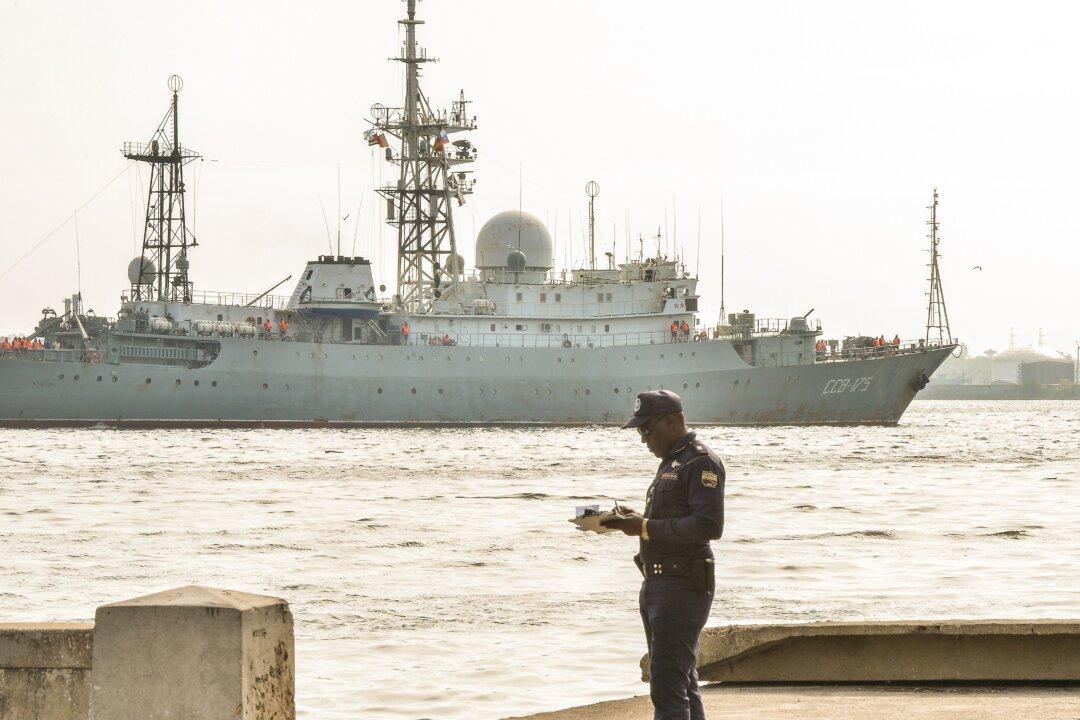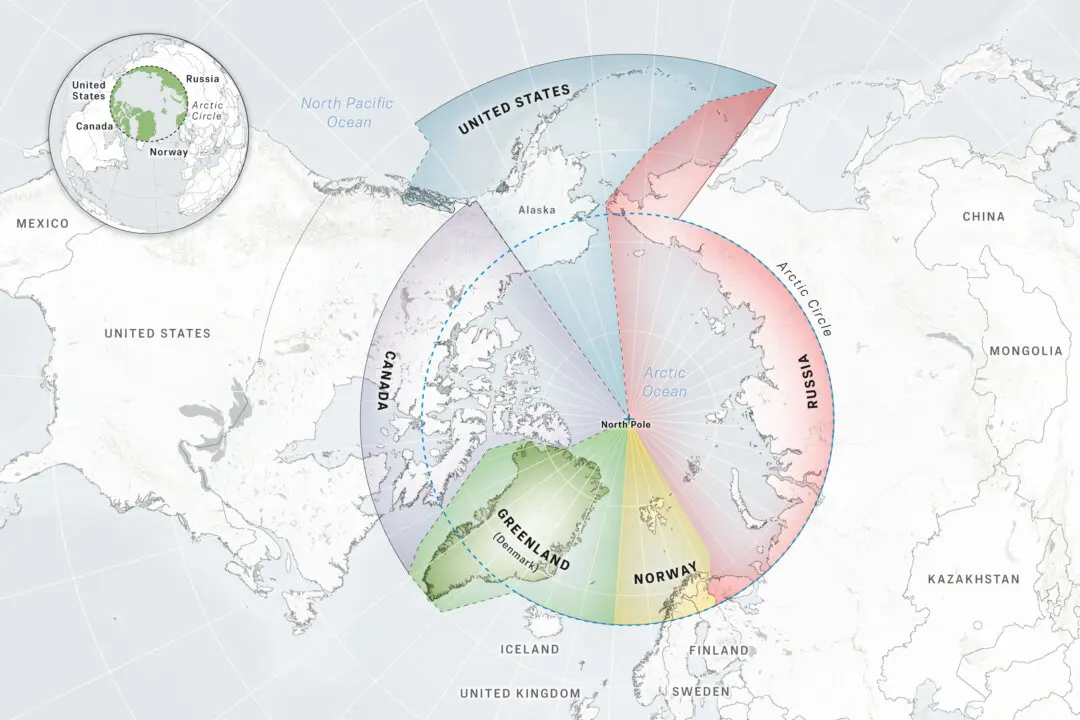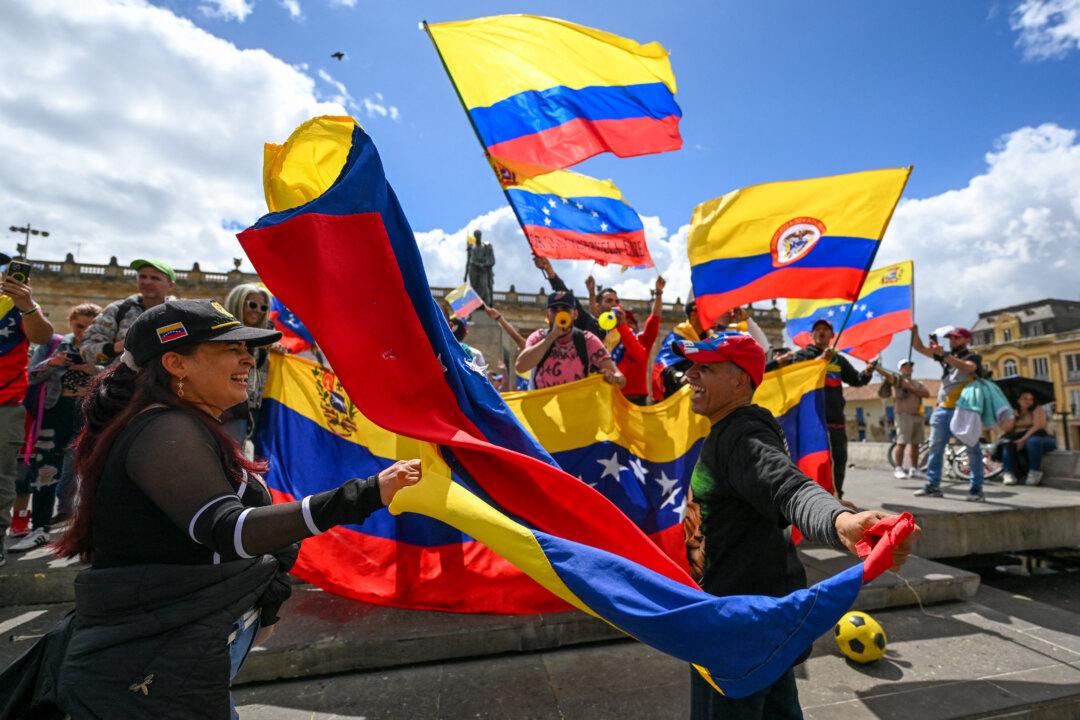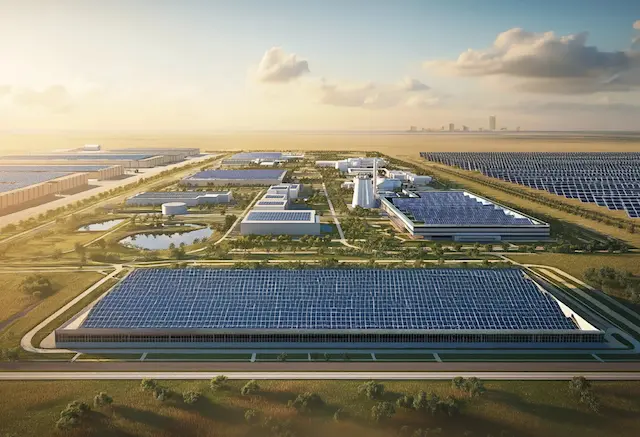Russian Deputy Foreign Minister Sergei Ryabkov, who headed Jan. 10’s talks with U.S. officials in Geneva, said he could neither “confirm nor exclude” the possibility of a Russian military build-up within the borders of Cuba and Venezuela if tensions continue with the United States over Ukraine.
Ryabkov’s statement adds pressure to existing tensions with the West over the presence of Russian troops near the Ukraine border, which prompted a high stakes meeting with the North Atlantic Treaty Organization (NATO) on Jan. 12 in Vienna.





